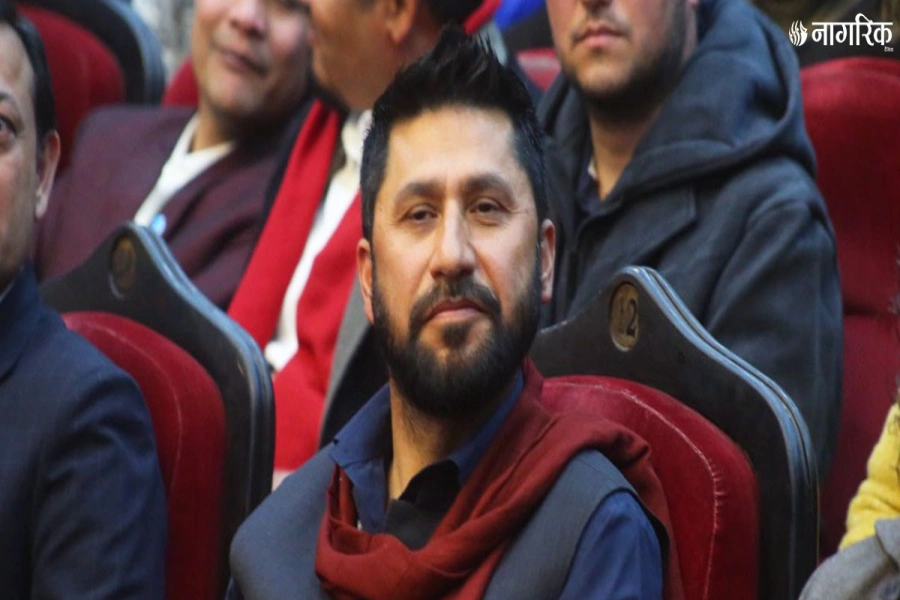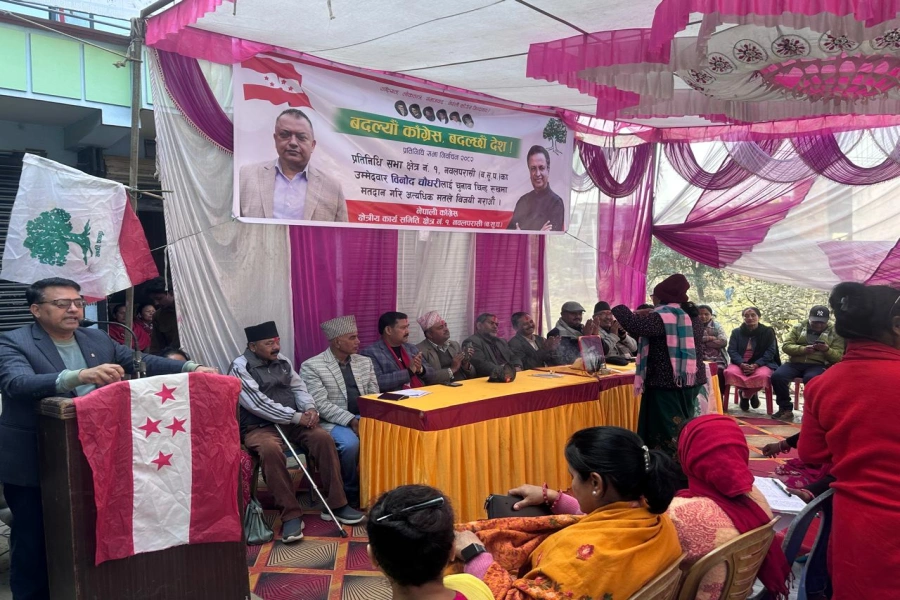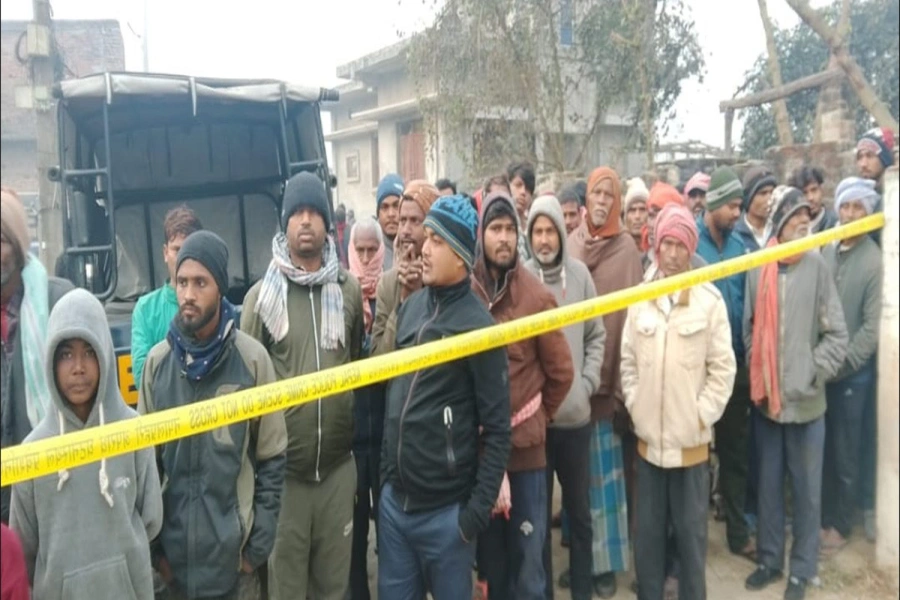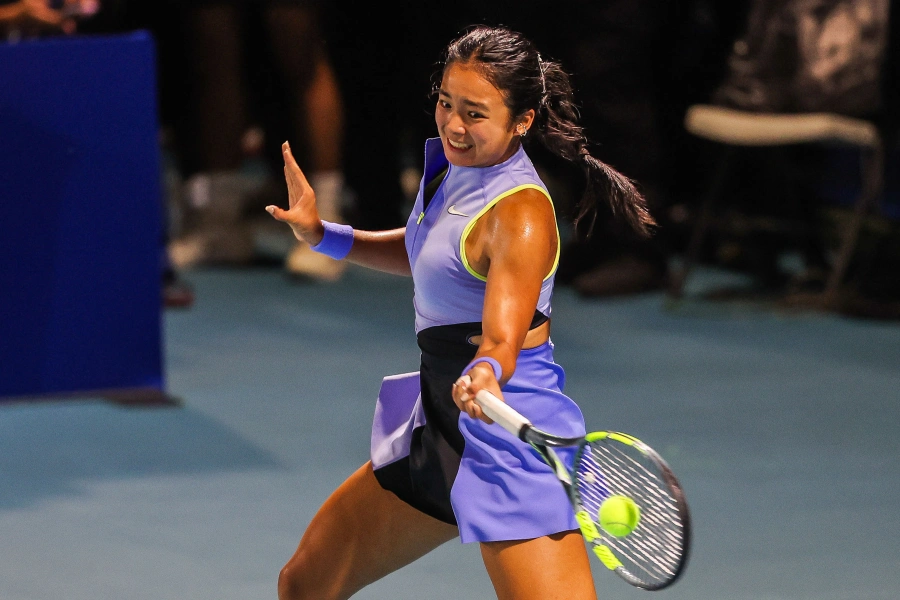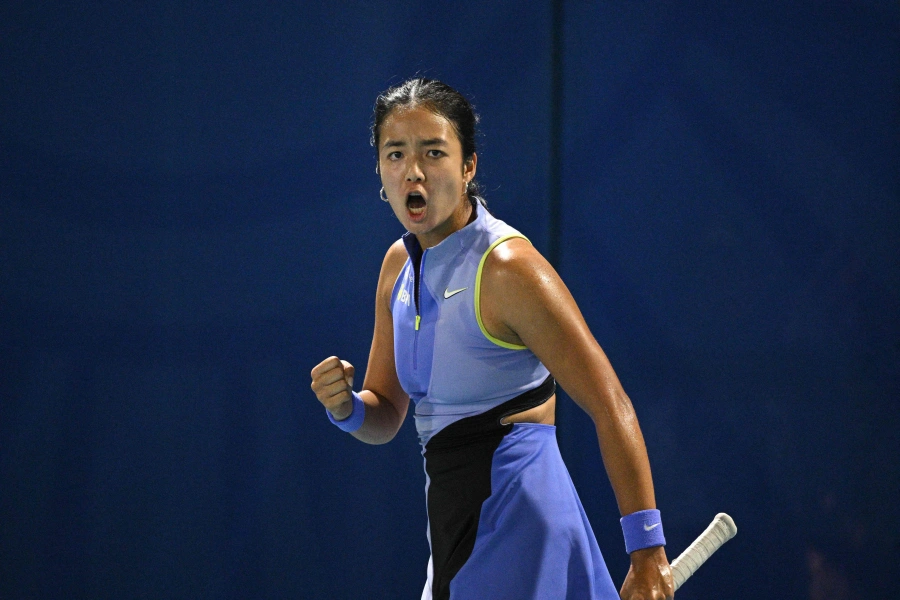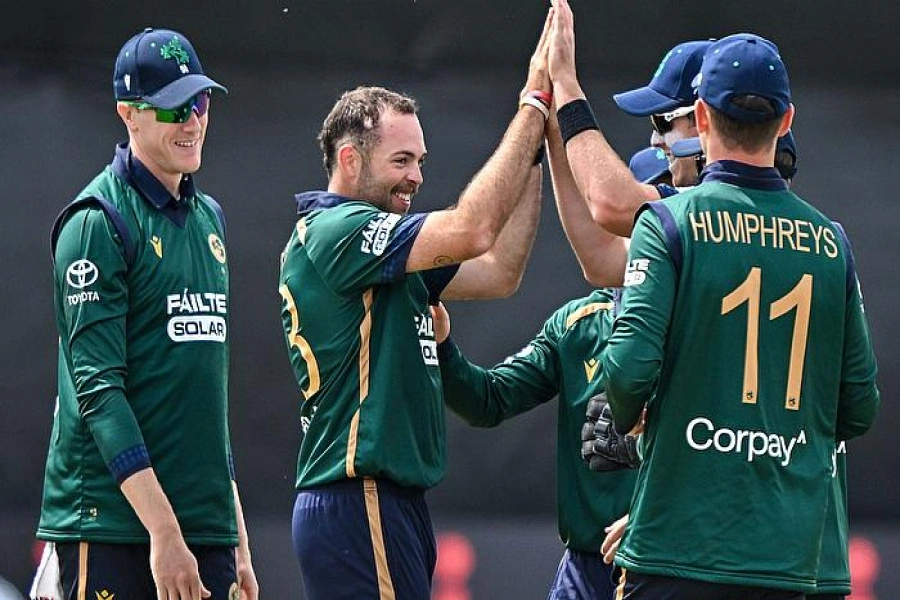Dahal, however, made it clear that his party would not accept the leadership of Nepali Congress (NC) in the election government at any cost.[break]
In the five-point agreement, the major parties had agreed to resolve the disputes in constitution writing and then form a national consensus government under the leadership of Nepali Congress (NC). But later, it couldn´t be implemented as disputes over federalism deepened and the Constituent Assembly (CA) saw its demise on May 27.
"One of the solutions is to follow the five-point deal. As per the deal we accept NC leadership in new government. But prior to that we have to resolve the remaining disputes in constitution writing, revive the CA and then promulgate new statute and form new government from the same legitimate body," Dahal said at a round-table meeting attended by leaders of dozens of political parties, which was convened by newly-formed CPN-Maoist.
He said if the parties can agree on this option, UCPN (Maoist) was ready to quit the government and form consensus government under the NC´s leadership. But he believed that other parties were already drifting away from that option and they wouldn´t be ready for that.
Dahal argued that the new polarization between the pro-federalists versus anti-federalists was further complicating the political scenario.
"The NC and CPN-UML themselves are gradually showing interest to go for fresh polls," he said. "But five-point deal can no longer be the basis for forming election-government."
He claimed that if the political parties opt for fresh elections, a new agreement should be reached based on the changed context and that any of the political parties may claim the leadership of the election-government.
"Let me make it clear that we will not accept the NC leadership in the election-government," he said. "Why only the NC and why not others?"
Another option floated by Dahal is to form an election-government headed by an independent personality such as former justice, civil society leader or a leader from a small political party. He reiterated that such a government can´t be led by a leader from any major political force.
Earlier at the same function, NC Vice-President Ram Chandra Paudel said his party was ready to take a political course set by the five-point deal.
"But it [five-point] shouldn´t be the only basis. Also other relevant latest deals and understandings such as seven-point agreement reached among the major parties should also be taken as bases for reaching the new deal," said Paudel.
Stating that the country was pushed to a state of constitutional void, he reiterated on seeking a constitutional way out prior to taking any decision. "We have constitutional hindrances either to go for fresh polls or seeking any other solution," he explained. "So, our first priority should be to bring the political course on to the constitutional path."
UML Chairman Khanal was for ensuring that the agreements reached and works done so far in constitution writing are given a final format so that the works done so far by the CA will not be go back to square one. "Then, we have to agree on the way forward. Let´s decide whether we go for CA revival or for fresh polls. Also be clear which election we are going for-- for parliament or for CA," he said.
However, he reiterated that Prime Minister Baburam Bhattarai´s resignation must come first. "The prime minister´s exit can only pave the way for any new deal," he said.
On forming alliance, Dahal said it had become essential to form an alliance of the political parties, organizations and individuals who were for adopting a federal model based on ethnic identity.
He claimed that only such a coalition would create an environment conducive for forging national consensus.
Dahal also said other parties including NC and UML can form such an alliance bringing together like-minded parties and groups and that no one needed to worry over such initiatives.
"If other parties can form similar alliances, why is the alliance led by UCPN (Maoist) unacceptable to others? It shouldn´t be the case," he said.
However, Paudel expressed his serious objection over the Maoists´ projection of other political parties as anti-federalist forces.
"This is political dishonesty [on the part of Maoists] to claim themselves as pro-federalists and portraying others as anti-federalists," Paudel said. "I urge them to stop such a dishonesty."
JSP leader Dr Baburam Bhattarai floats two options for ratifica...















